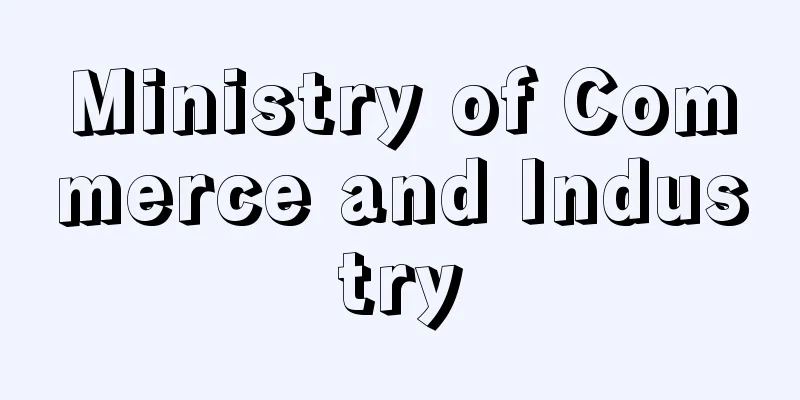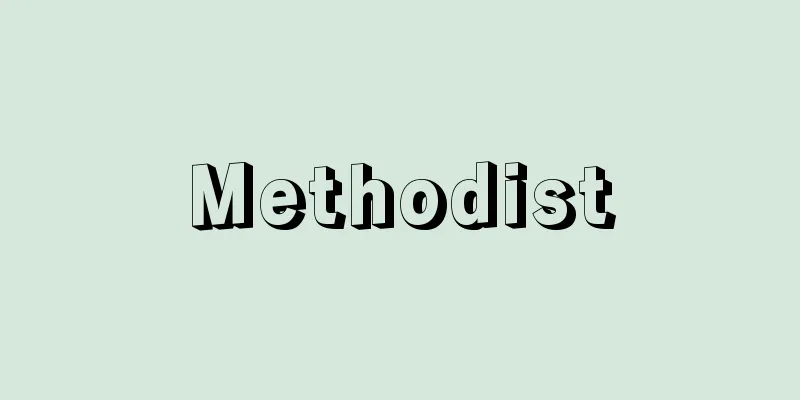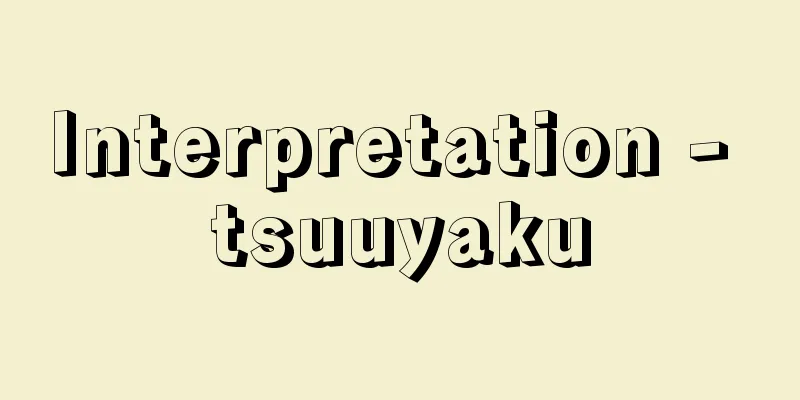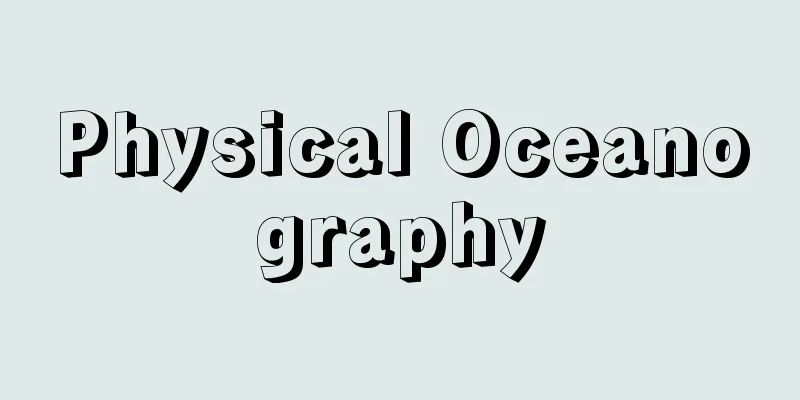Expenses - public expenditures (English)
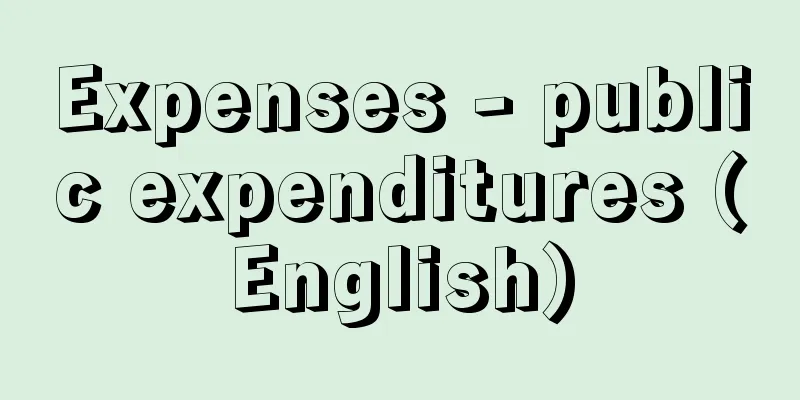
|
Although the term "expenses" is generally used to refer to monetary expenditures of nations, businesses, and households, this section will focus on expenses in the context of fiscal policy, that is, monetary expenditures incurred by public authorities such as the nation and local governments in carrying out their specific activities. The state and public organizations are the main actors in expenditure, and they allocate goods and services in a planned manner to satisfy public desires. Under a democratic political system, the government prepares the budget, the parliament decides on it, and money is raised and spent through the government/bureaucratic governing organization based on that. In this sense, expenses have a political character. Expenses depend on taxes for the majority of their financial resources, but also on the sale of owned assets, public bond borrowing, and inflows of foreign capital. Expenses are incurred by the state and public organizations as demanders/consumers, purchasing and consuming goods and services for the national economy, as well as producing goods and services, so expenses have an economic character and exert a strong influence on the total circulation process of the national economy. [Tetsuya Hitosugi and Takeshi Okawa] Economic nature of expensesThere have been many theories about the economic nature of expenses, especially whether they are productive or not, since mercantilism, based on its absolutist view of the state, generally considered expenses as costs of state activity to be productive. Physiocrats considered only agricultural labor to be productive labor that produces net products, and other labor to be unproductive, so naturally, state expenses were also unproductive. Adam Smith, the founder of the classical school, considered labor that brings profits to the subjects of economic activity to be productive labor, and other labor (such as civil servants and soldiers) to be useful but unproductive labor, and considered state expenses to be unproductive. Smith's theory of unproductive state expenses had a strong influence on the financial theory of the classical school, and D. Ricardo also expressed a similar view to Smith. J.S. Mill recognized the usefulness of the labor of soldiers and civil servants as indirect productive labor used to protect industry. In contrast to the unproductive theory of expenses of British classical economics, the German historical school takes the production theory. In other words, F. List believes that even if expenses do not directly generate monetary income, they can sometimes be productive in that they generate exchange value that appears in monetary income and increase productivity. A. Wagner believes that expenses are productive because the state obtains tangible goods from the people through finances, and uses these to produce intangible goods that have cultural and economic value and are necessary for the people. In addition, the so-called modern economic school, including Hicks, Pigou, Keynes, and Hansen, emphasize the function and effect of expenses in the national economy and take the position that expenses are productive, but this is in fact based on the principle of national economic accounts, which considers the provision of paid goods and services to be productive. [Tetsuya Hitosugi and Takeshi Okawa] The Position of Cost Theory in Public FinanceJoseph Keitzer is a scholar who believes that because the theory of expenses is a theory of state functions, it should be excluded from the unique subject of public finance and denied. He argued that public finance is an independent science of the monetary income of the state and public organizations. The same can be said of Leroy-Beaulieu. Additionally, Stein, Eberch and others argued that public finance regards expenses as a predetermined given, and is an academic field that studies the theory of income for spending those expenses. However, the global economic depression of the 1930s prompted a renewed recognition of the effect that expenditures have on the national economy, and the position of the theory of expenses in public finance was reassessed, as it remains to this day. [Tetsuya Hitosugi and Takeshi Okawa] Expense CategorizationExpenses can be classified on various criteria, such as: (1) The classification by government agency is by ministry or agency, by internal department of a ministry, etc. This is intended to clarify the relationship between expenses and the responsible entity for expenditure. (2) By purpose (function), expenses are classified into agency expenses, local finance expenses, defense expenses, land conservation and development expenses, industrial and economic expenses, education expenses, social security-related expenses, pension expenses, and public debt expenses. This classification is based on the purpose of expenditure and indicates the resource allocation function of the budget. (3) In terms of economic nature, expenditures are classified into current expenditures, capital formation, transfer expenditures, etc. This indicates the economic effect of expenses and is the basis for calculating government expenditures in the national economic accounts (government final consumption expenditure, public fixed capital formation, increase in public inventories, etc.). (4) By purpose (nature), expenses are classified into personnel expenses, property expenses, maintenance and repair expenses, welfare expenses, facility expenses, subsidy expenses, and commissioned expenses. This is also a type of classification based on the economic nature of the expenses. (5) In addition, classifications are also made into central expenses (national expenses) and local expenses, ordinary expenses and extraordinary expenses, and established expenses and new expenses. [Tetsuya Hitosugi and Takeshi Okawa] Expense PrinciplesExpenses are expenditures made by the state and public organizations to satisfy public desires, and the expenditure principle is a standard of financial policy that should be followed when deciding the scale, type, quantity, and method of expenditure. Under economic liberalism, as seen in the classical school, the function of the state is interpreted narrowly, and the expenditure principle was derived from the ideal of "cheap government" and "fiscal neutrality" that does not disrupt the national economy. However, as the capitalist economy changed with the economic depression of the 1930s and the state began to intervene in the national economy, the scope of state activity expanded, and expenditures changed from the classical school principle to the principle of maximum expenditure to maintain full employment. Then, from around the 1970s, the impasse of the welfare state and the difficulty of securing fiscal revenue became apparent in major developed countries, leading to the rise of public economics based on the principle of public choice, monetarism (monetaryism) which advocates a "new cheap government," and supply-side economics (SSE), a form of public finance that attributes economic stagnation to a decline in savings due to heavy taxation and excessive social security, and the search for new cost principles is underway. [Tetsuya Hitosugi and Takeshi Okawa] "Economic Analysis of Government Expenditures" by Keimei Kaizuka (1971, Sobunsha) "Government Expenditures" by Koichi Emi and Yuichi Shionoya (1966, Toyo Keizai Shinposha) "Public Economics" by Yukihide Okano and Takashi Negishi (1973, Yuhikaku) Source: Shogakukan Encyclopedia Nipponica About Encyclopedia Nipponica Information | Legend |
|
経費は一般に国家、企業、家計の貨幣支出を総称する用語として用いられているが、ここでは財政学上の経費、つまり国家および地方公共団体などの公権力団体がその固有の活動を遂行するための貨幣的支出に限って解説する。 経費支出の主体は国家・公共団体であり、国家・公共団体は公共欲望を充足するため、財貨やサービスを計画的に配分する。民主主義的政治機構のもとでは、政府が予算を編成し、議会がこれを決定し、それに基づいて政府=官僚統治機構を通じて貨幣が調達、支出される。この意味で、経費は政治としての性格をもつ。経費は、その財源の大部分を租税に依存しているが、そのほか保有財産の売却、公債借入金、外国資本の流入などにも求める。経費支出は、国家・公共団体が国民経済に対して、需要者・消費者の立場から財貨・サービスを購入し消費するとともに財貨・サービスの生産を行うので、経費は経済としての性格をもち、国民経済の総循環過程に強い影響作用を与える。 [一杉哲也・大川 武] 経費の経済的性格経費の経済的性格、とくにそれが生産的であるか否かについては、古くから多くの説がある。重商主義は、その絶対主義的国家観から、国家活動の費用としての経費を一般に生産的であるとした。重農主義は、農業労働のみを純生産物を生産する生産的労働とみ、それ以外の労働を不生産的労働と考えたから、当然、国家経費も不生産的とした。古典学派の始祖アダム・スミスは、経済活動の主体者に利潤をもたらす労働が生産的労働であり、そうでない労働(官吏・軍人など)は有用ではあるが不生産的労働であるとし、国家経費は不生産的なものであるとした。スミスの国家経費の不生産説は、古典学派の財政論に強い影響を及ぼし、D・リカードもスミスと同様の見解を示している。J・S・ミルは、軍人・官吏の労働は産業保護のため使用される間接的生産労働として、その有用性を認めている。こうしたイギリス古典派経済学の経費不生産説に対して、ドイツ歴史学派は生産説をとる。すなわち、F・リストは、経費は直接的には貨幣的収入を生まなくとも、貨幣収入に現れる交換価値を生み生産力を増大する点で、ときとしては生産的であるとみている。A・ワグナーは、国家は財政を通じて国民から有形財を取得し、これによって国民に必要な文化的・経済的価値のある無形財を生産するのだから生産的であるとしている。また、いわゆる近代経済学派のヒックス、ピグー、ケインズ、ハンセンらは、経費の国民経済的作用・効果を重視し、経費は生産的であるという立場をとっているが、それは事実上、有償の財・サービスの提供は生産的であるとみる国民経済計算の原則にのっとっている。 [一杉哲也・大川 武] 財政学における経費論の位置経費論は国家機能論であるから、財政学の固有の認識対象から除外され否定さるべきものとした学者にヨセフ・カイツルがいる。彼は、財政学は国家・公共団体の貨幣収入の独立科学であるとした。ルロア・ボリューも同様である。また、シュタイン、エーベルヒらは、財政学は経費を既定された所与のものとみなし、その経費を支出するための収入論を研究する学問であるとした。しかし、1930年代の世界経済恐慌を契機として、経費支出の国民経済に与える効果が再認識されるようになり、経費論の財政学における位置が見直されて現在に至っている。 [一杉哲也・大川 武] 経費の分類経費は、次のようにいろいろの基準から分類することができる。 (1)所管官庁別分類では、省庁別、省庁の内部部局別などに分類される。これは、経費と支出の責任主体との関係を明確にしようとするものである。 (2)目的別(機能別)分類では、機関費、地方財政費、防衛費、国土保全および開発費、産業経済費、教育費、社会保障関係費、恩給費、公債費などに分類される。これは経費の支出目的に基づく分類で、予算の資源配分機能が示される。 (3)経済性質別分類では、経常支出、資本形成、移転的支出などに分類される。これは、経費の経済効果を示すもので、国民経済計算上の政府支出(政府最終消費支出、公的固定資本形成、公的在庫品増加など)を算定する基礎となる。 (4)使途別(性質別)分類では、人件費、物件費、維持補修費、扶助費、施設費、補助費、委託費などに分類される。これも経費の経済的性質に基づく分類の一種である。 (5)そのほか、中央費(国費)と地方費、経常費と臨時費、既定経費と新規経費などの分類も行われている。 [一杉哲也・大川 武] 経費原則経費は、国家・公共団体が公共欲望を充足するために支出するが、その支出規模および種類、数量、支出方法を決定するに際して準拠すべき財政政策上の基準が経費原則である。経済的自由主義のもとでは、古典学派にみられるように国家の機能を狭義に解し、「安価な政府」と、国民経済が攪乱(かくらん)されない「財政の中立性」とを理想とする立場から経費原則が導き出された。これに対し、1930年代の経済恐慌を転機に資本主義経済が変容し、国家の国民経済に対する介入が行われるようになると、国家活動の領域は拡大され、経費支出は古典学派的原則から、完全雇用維持のための最大支出の原則へと転換するに至った。そして1970年代ごろから、福祉国家の行き詰まり、財政収入確保の困難性が主要先進国で露呈してきたため、公共選択の原理による公共経済学、「新しい安価な政府」を提唱するマネタリズム(貨幣主義)、経済停滞の原因を重税による貯蓄低下と社会保障の行きすぎに求める財政学=供給の経済学(サプライ・サイド経済学、SSE)が台頭し、新しい経費原則を模索しつつある。 [一杉哲也・大川 武] 『貝塚啓明著『財政支出の経済分析』(1971・創文社)』▽『江見康一・塩野谷祐一著『財政支出』(1966・東洋経済新報社)』▽『岡野行秀・根岸隆著『公共経済学』(1973・有斐閣)』 出典 小学館 日本大百科全書(ニッポニカ)日本大百科全書(ニッポニカ)について 情報 | 凡例 |
<<: Cinnamic alcohol (Cinnamic alcohol) - Keihi alcohol (English spelling) cinnamic alcohol
Recommend
Yasumura Kengyo
[raw]? [Died] 1779 A blind jiuta koto performer an...
Tsuneki Kurushima
1860 * -1889 A nationalist in the Meiji period. B...
Parkia roxburgii (English spelling) Parkia roxburgii
…(1) Tropical woody legumes Many woody legumes ha...
Kamigata Zeiroku
("Seiroku" is the Edo dialect of "s...
Hyolithes (English spelling)
A fossil genus that belongs to the order Pteropoda...
Hakata weaving
It is a general term for textiles produced in Hak...
Arachidonic acid - Arakidonsan
A type of unsaturated fatty acid with four double...
Penelope
...A general term for a group of birds in the fam...
Arakawa - Arakawa
This river originates on Mount Kobushigatake in th...
Mass - Misa (English spelling) missa
The most important celebration in the Catholic Ch...
Eboshi hitoba - Eboshi hitoba
…It is distributed from the southern part of the ...
Observation - Kanrei
...This is a direction that adds the two directio...
Provisional injunction - provisional injunction
…In cases where a creditor has an individual clai...
Kumejima
One of the Okinawa Islands, this island is locate...
Coast Atlas [Mountain Range] - Coast Atlas
The Atlas Mountains are a series of small, low mo...
